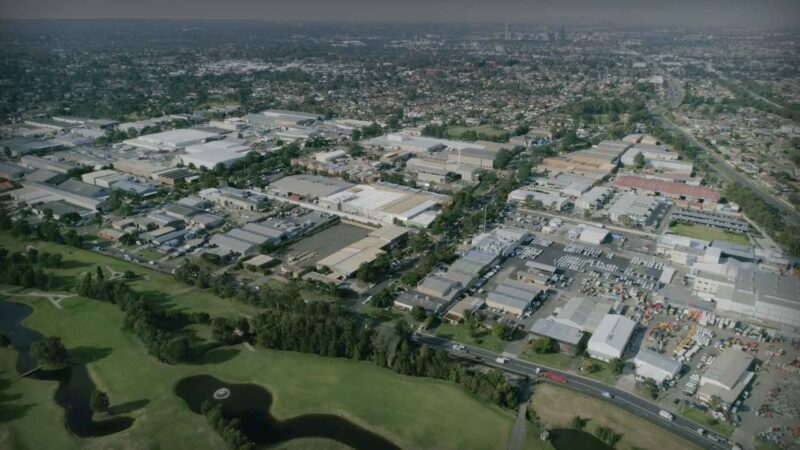People In Health Care
Professor Hugh Grantham, Chair of Emergency Medicine Foundation
Filmed Adelaide, South Australia | September 2024
“The problem of blockages shows up in ambulance ramping and long wait times, but this is a complex issue requiring whole-of-health system solutions,” according to Professor Hugh Grantham, Chair of Emergency Medicine Foundation in an interview with Australian Health Journal.
Professor Grantham says, “One of the biggest concerns for emergency medicine is how to enhance patient flow from arrival at an emergency department to treatment, potential admission, and finally discharge from hospital.”
“There are also out-of-hospital factors including access to GPs and the need for more community care of vulnerable patient groups such as aged care and mental health patients.”
Born and educated in England, Professor Hugh Grantham has interests in prehospital and emergency medicine, medical education and clinical governance.
After relocating, Hugh commenced general practice in Mildura and was recruited to lead the Ambulance Service’s clinical development in Adelaide. He was Medical Director of the Ambulance Service until 2011, and inaugural professor of paramedics at Flinders University until 2019. Involved in postgraduate medical emergency education since 1990, Hugh developed the paramedic course, and the postgraduate paramedic courses.
He is the senior educator for the National Advanced Life Support program as well as teaching for the Royal Australian College of General Practitioners and the College of Sports Physicians. Hugh holds the humanitarian services medal for leading overseas aid teams in disasters, and the Ambulance Service Medal. He was a member of the EMF Research Evaluation Panel and is a current member of the Research Committee.
You Might also like
-
Strengthening Evidence Through Health Research Where Most People Access Healthcare
In February 2025, the Australian Government committed over $22 million for primary care research, including $5.2m awarded to Professor Michael Kidd, Director of the International Centre for Future Health Systems at UNSW and recently appointed Australia’s Chief Medical Officer, to lead the establishment of one of the largest research collaborations in Australia focused on improving primary care.
The Royal Australian College of GPs says a new national multidisciplinary consortium for primary care research is a positive step forward to improve patient care.
-
Paediatric mental help for children of defence personnel, veterans and first responders
Dr Marg Rogers is a Senior Lecturer in Early Childhood Education at University of New England (UNE) in Armidale, New South Wales. She is a prominent figure in early childhood education New South Wales, and is also a Post Doctoral Fellow at the Manna Institute, a mental health research organisation within the regional university network across Australia, that is building place based research capacity to improve the mental health of regional, rural and remote Australia.
-
Access and productivity outcomes with radiology technology in Western Sydney
In Western Sydney, there is currently significant growth accompanied by a notable need for cardiovascular support due to the prevalence of related diseases. It is estimated that the population in this area will reach 6 million by 2041.
With this population growth, there is also a pressing shortage of healthcare professionals in Australia, particularly in the field of radiology, where there are not enough radiographers, sonographers, MRI technicians, and nuclear medicine technicians.



